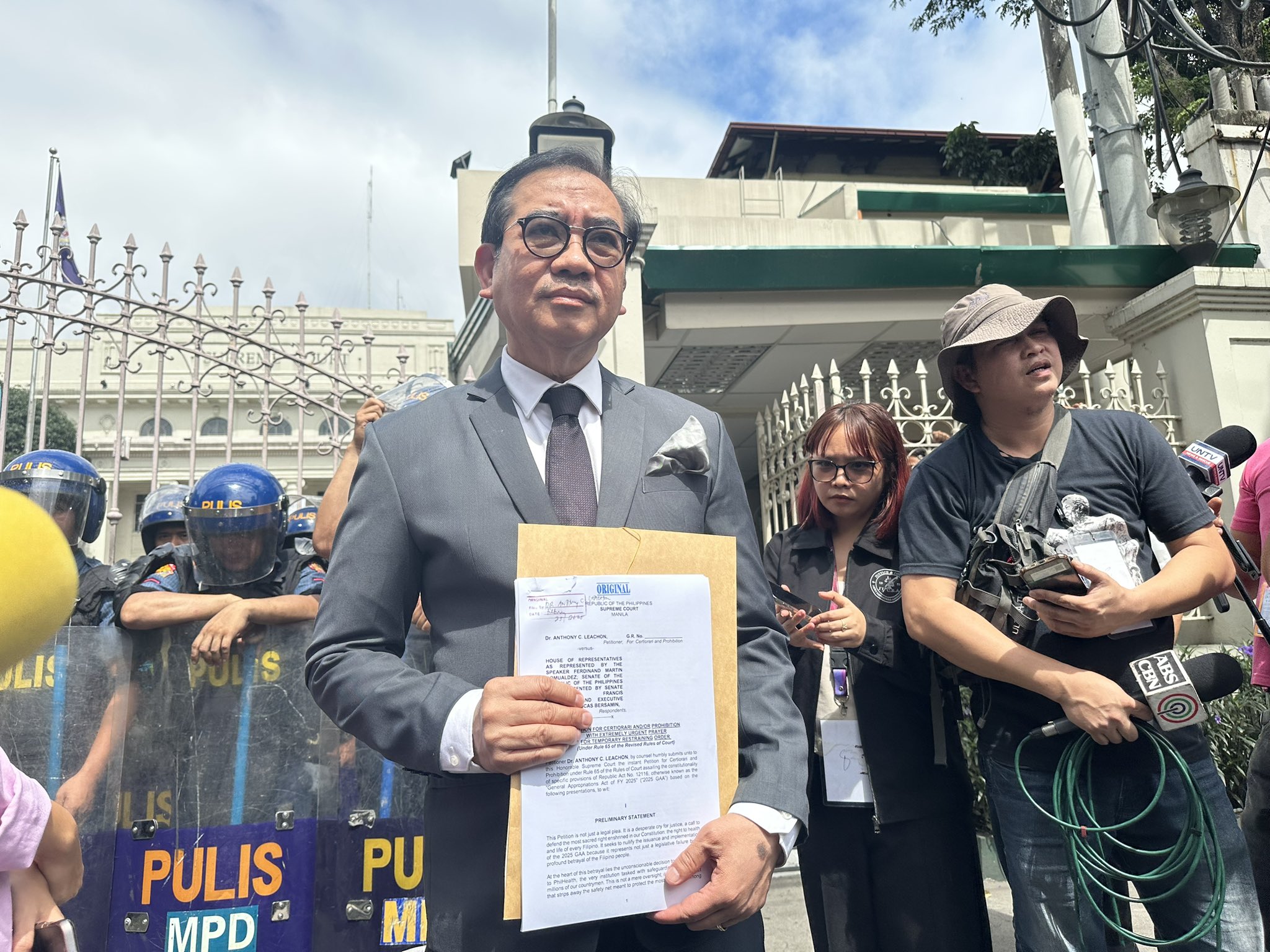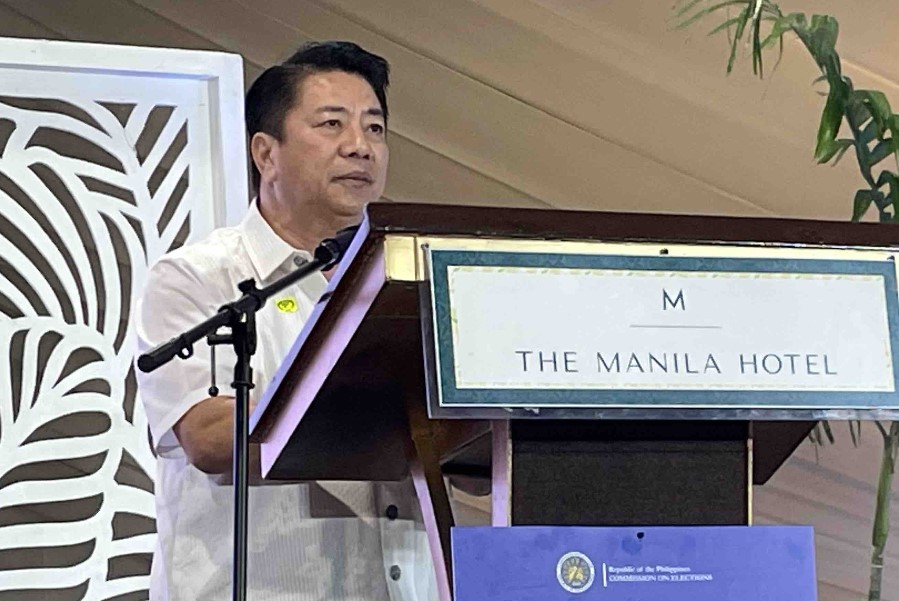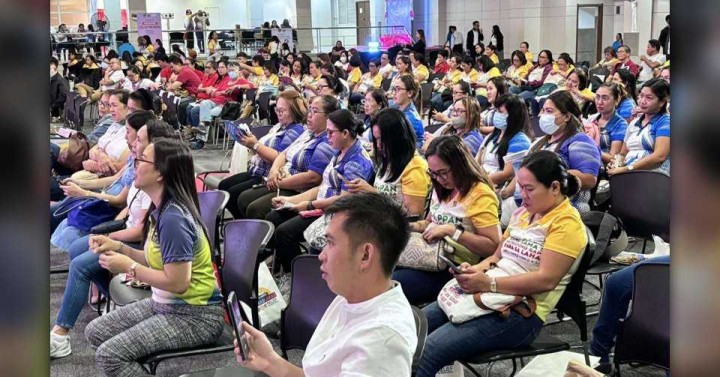PhilHealth Funding Crisis: Health Advocate Seeks Supreme Court Intervention Over 2025 Budget Cuts

PhilHealth Funding Crisis: Health Advocate Seeks Supreme Court Intervention Over 2025 Budget Cuts
Manila, Philippines – A prominent health advocate is raising serious concerns over the potential collapse of the Philippine Health Insurance Corporation (PhilHealth) due to significant budget cuts in the proposed 2025 national budget. Dr. Tony Leachon, a known voice in the healthcare sector, has taken the matter to the Supreme Court, filing a petition for a Temporary Restraining Order (TRO) to prevent the implementation of the budget as it stands.
The core of the controversy lies in the apparent lack of funding allocated to PhilHealth within the 2025 budget proposal. This absence of financial support, according to Dr. Leachon, poses a grave threat to the millions of Filipinos who rely on PhilHealth for healthcare coverage. The potential consequences include delayed reimbursements to hospitals and clinics, reduced access to essential medical services, and ultimately, a weakening of the nation's healthcare system.
“This is not just about numbers; it’s about the lives and well-being of our citizens,” Dr. Leachon stated in a press conference. “PhilHealth is a lifeline for many Filipinos, especially those from low-income families. Cutting its funding is akin to cutting off their access to healthcare, and that is unacceptable.”
The petition to the Supreme Court argues that the omission of PhilHealth funding is unconstitutional, violating the state's obligation to protect and promote the health of its citizens. The petition specifically requests the Court to examine the legality of the budget and issue a TRO to halt its implementation until the matter can be fully resolved.
What are the potential impacts?
- Hospitals and Clinics Struggle: Without timely reimbursements from PhilHealth, hospitals and clinics, particularly those in rural areas, may face financial difficulties, potentially leading to reduced services or even closure.
- Increased Out-of-Pocket Expenses: Filipinos may be forced to shoulder a greater portion of their healthcare costs, placing a heavy burden on their finances.
- Compromised Healthcare Quality: Reduced funding could impact the quality of healthcare services offered, potentially leading to poorer health outcomes.
- Erosion of Public Trust: The crisis could erode public trust in the government's ability to provide accessible and affordable healthcare.
The Supreme Court's decision on this matter will have far-reaching implications for the Philippine healthcare system. The case highlights a critical debate about the prioritization of healthcare funding and the government’s responsibility to ensure universal health coverage for all Filipinos. Many are watching closely to see how the Court will rule and what steps will be taken to address this growing crisis.
This situation underscores the need for a comprehensive review of PhilHealth's operations, including its financial management and collection efficiency, to ensure its long-term sustainability. Experts suggest exploring alternative funding models and strengthening oversight mechanisms to prevent similar crises in the future.
The fate of PhilHealth, and the healthcare of millions of Filipinos, now rests in the hands of the Supreme Court. Updates on this developing story will be provided as they become available.





